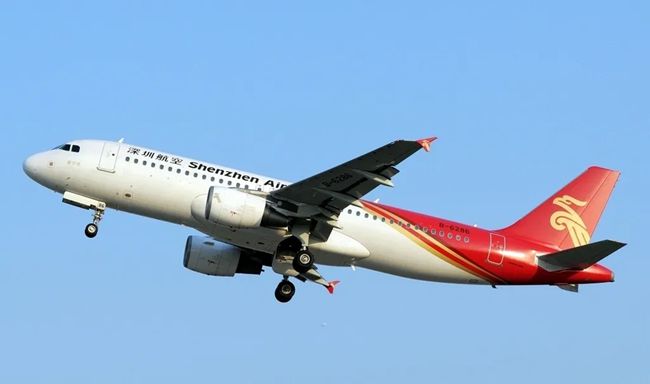Recently, Airbus Europe released its outlook for the next 20 years, raising its forecast for jet aircraft deliveries over the next 20 years, with total deliveries expected to reach 39,490, including 38,600 passenger aircraft and 890 freighters, up from the previous forecast of 39020.
The international air transport industry has gradually entered a recovery phase over the past year or so as major airlines around the world have been restarting their routes in various routes. The actual number of flights out of airports worldwide in 2021 is reported to be about 21.81 million, an increase of 16.51% year-on-year; compared to 2019, recovering to 60% of the level before the New Crown Pneumonia outbreak. Looking at the annual data, from April to December 2021, the number of outbound flights from airports worldwide remained positive for nine consecutive months.

Since the outbreak of Newcastle pneumonia, countries have taken a multi-pronged approach to boost the recovery of the global aviation industry. On the one hand, governments have increased their support for the aviation industry, providing financial support and assistance in the form of subsidies, tax breaks and other forms; on the other hand, airlines themselves have saved themselves by cutting costs, strengthening cooperation and adopting innovative business models such as "passenger-to-cargo", all of which have laid a certain foundation for the gradual recovery of the aviation industry. These initiatives have laid a certain foundation for the gradual recovery of the airline industry.
Now, with the gradual recovery of the international aviation industry, many organizations remain optimistic about the development of the aviation industry in the next few years. The International Air Transport Association (IATA) expects global air traffic to return to pre-epidemic levels by 2023, and Airbus also expects air traffic to return to pre-epidemic levels between 2023 and 2025 in this published outlook, although the exact timing is not yet certain.
Although the overall situation of the global aviation industry is improving, the road to recovery is not as smooth as expected. Airline debt burden, rising fuel prices, ongoing geopolitical conflicts, and recurring epidemics pose major challenges to the industry's recovery.

To "take off again", major airlines must take real action. First, they should adjust their business models according to the actual situation and innovate their business models to improve their competitiveness; second, airlines should pay more attention to the specific needs of different passengers and refine their product positioning through refined management to expand more revenue channels; third, airlines should accelerate their green transformation and promote deep decarbonization in order to enter into a strong recovery track as soon as possible.
Translated with www.DeepL.com/Translator (free version)

